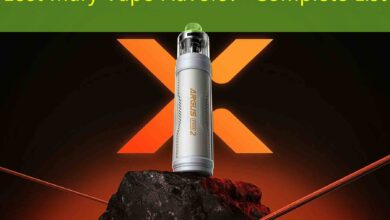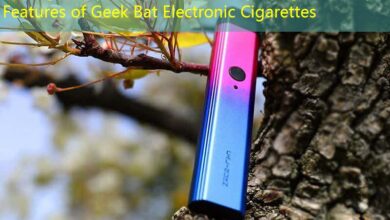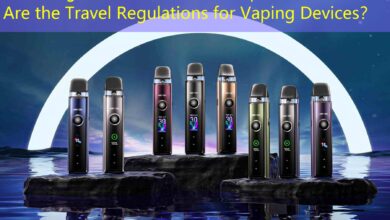Can CBD Get You High? Discovering the Non-Psychoactive Nature of Cannabidiol Products!
Can CBD Get You High? Understanding the Truth Behind Cannabidiol
In recent years, the popularity of CBD (cannabidiol) has skyrocketed, with products flooding the market, from oils and gummies to skincare and beverages. However, one common question that arises is: Can CBD get you high? Understanding this query requires a deeper look into what CBD is, how it differs from THC (tetrahydrocannabinol), and its physiological effects on the human body.
What is CBD?
CBD is one of over a hundred cannabinoids found in the cannabis plant. Unlike THC, which is primarily responsible for the psychoactive effects of cannabis, CBD is non-intoxicating. This means that using CBD will not lead to the euphoric “high” typically associated with marijuana use. Instead, research suggests that CBD may offer various health benefits, including reducing anxiety, alleviating pain, and improving sleep quality.
The Science Behind CBD and THC
To grasp why CBD does not cause a high, it’s essential to understand how these compounds interact within the body. CBD and THC both interact with the endocannabinoid system, which plays a crucial role in regulating mood, memory, and pain perception. However, they have different effects due to their distinct chemical structures.
THC binds directly to the CB1 receptors in the brain, which is why it produces psychoactive effects. In contrast, CBD does not bind directly to these receptors. Instead, it may influence the receptors indirectly and also interact with other receptors in the body, such as serotonin receptors, which may account for its potential therapeutic effects.
Common Misconceptions about CBD
Despite the scientific understanding that CBD is non-intoxicating, misconceptions abound. Many people still associate cannabis with getting high, leading them to believe that any cannabis-derived product, including CBD, will produce similar effects. This misunderstanding can deter potential users who might benefit from CBD’s therapeutic properties but fear the psychoactive effects.
Case Studies Highlighting CBD’s Safety
Several studies demonstrate the safety profile of CBD. For instance, a 2018 report published by the World Health Organization stated that CBD does not show effects indicative of any abuse or dependence potential. Participants in trials also reported minimal side effects, which further supports the idea that CBD poses little risk of intoxication.
– Case Study 1: A clinical trial conducted on patients with epilepsy showed that CBD significantly reduced seizure frequency without causing any user to feel high.
– Case Study 2: A research team monitored individuals using a CBD-rich cannabinoid formulation. Participants reported improvements in anxiety and sleep without any psychoactive effects, proving its safe application in daily life.
How CBD is Obtained and Its Legislation
Another factor contributing to CBD’s non-intoxicating nature is how it is obtained. Most CBD products on the market are derived from hemp, a cannabis plant that contains less than 0.3% THC. This low concentration further ensures that users will not experience any psychoactive effects when consuming hemp-derived CBD products.
The legality surrounding CBD varies across regions, further complicating public perception. In the United States, the 2018 Farm Bill legalized hemp-derived CBD at the federal level, but some states may have differing regulations. Ensuring you purchase products from reputable sources can alleviate concerns about THC content.
Evaluating Different CBD Products
When exploring the CBD market, consumers should be aware of the types of products available. Here’s a brief overview:

| Product Type | Description |
|———————-|————————————————————|
| CBD Oil | Concentrated extract derived from hemp, versatile use. |
| CBD Gummies | Edible form of CBD, easy to consume, predetermined dosage. |
| CBD Topicals | Creams and lotions applied directly to the skin for localized effects. |
| CBD Vapes | E-liquid forms designed for vaporization, fast-acting. |
Each product type offers distinct methods of consumption and may suit different needs. Understanding the product will help determine its effect, but users can rest assured knowing that none will cause an intoxicating high.
Conclusion
The consensus is clear: CBD will not get you high. Its unique chemical properties, coupled with legal regulations and research-backed case studies, distinguish it from THC and other intoxicating substances. For those seeking the potential therapeutic benefits of cannabis without the psychoactive effects, CBD offers a promising alternative. In summary, as consumers look toward natural remedies, understanding the true nature of CBD is essential for informed decision-making.




